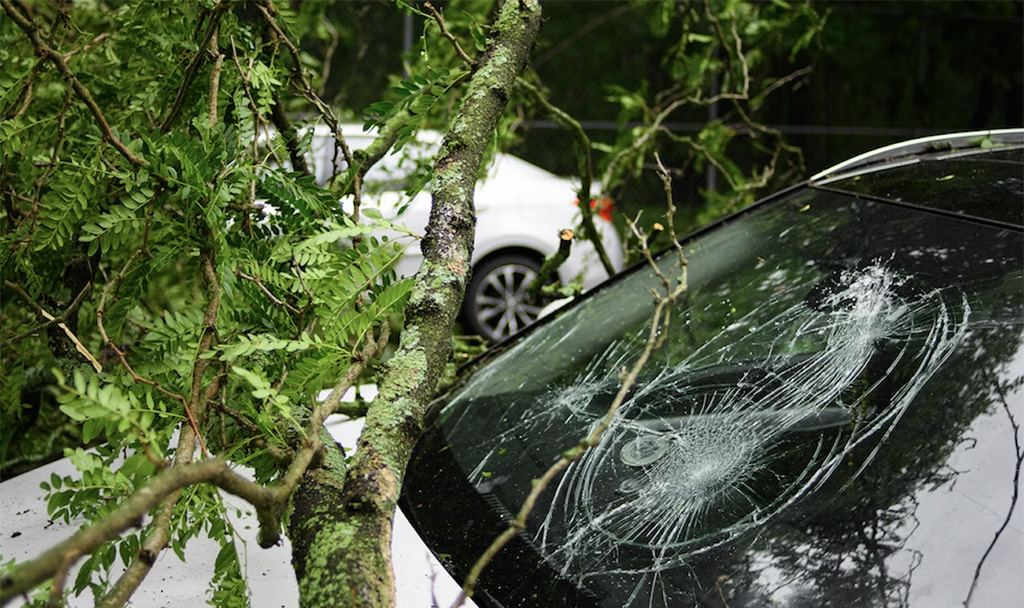-
What We DoWith our integrated fleet services, you get the entire fleet management and leasing market from a single source and can purchase, finance, manage and sell your fleet cost-effectively. And you only ever pay for what you actually use.Overview
-
ResourcesWe have a lot to share. Browse our resources library for current insights, data, strategies, and success stories from our own experts in their respective fields.Overview
-
About UsWhen Holman was founded in 1924, we set something positive in motion. Our consistent focus on people and our commitment to integrity make us who we are today.Overview
 Join Our TeamWe’re not just in the automotive business, we’re in the people business. Join us for the ride.Browse Careers
Join Our TeamWe’re not just in the automotive business, we’re in the people business. Join us for the ride.Browse Careers
Asparagus, Strawberries, Fleet Insurance
June 26th, 2023

What do asparagus, strawberries, and insurance have to do with each other? They’re all seasonal products that you only care about at a certain time of the year and then forget about.
Every year again, the insurance season begins
We’re ringing in the fleet insurance season just in time for the start of summer. To work with the comparison from our headline, one could also say the time has come to reap savings in your fleet insurance. How? We will tell you below.
Insurance of any kind usually involves complex contracts and a jungle of conditions, premiums, and terms. That is why many only deal with insurance when there is a critical need. However, you can now find out why fleet managers should take particular care with their fleet insurance – and not just when the issue suddenly arises because of a claim.
Times change
The phrase may sound corny, but it really is the case. Even after Corona, times are changing faster than ever before. In volatile times, we shouldn’t and can no longer rely on what happened a few weeks or months ago. A lot has also changed in the vehicle fleet industry, especially in the last two years. Flexibility has become an important key to success, for example, when vehicles cannot be provided due to delivery problems.
Since nothing is quite the same as it used to be, when was the last time you checked your policy? Is your fleet insurance premium still reasonable at all? It is worth checking the existing legacy contracts.
Insurance for EVs
Fleets are no longer as standard as maybe a few years ago. More and more electric vehicles are now appearing among gasoline and diesel vehicles, presenting fleet managers with completely new challenges. Operating electric vehicles is different from diesel or gasoline engines, in terms of not only refueling, range or driving experience.
There are also a few points to consider when it comes to fleet insurance. In order to avoid unpleasant surprises in winter, it is worthwhile to perform an “e-check” before the start of the Insurance season.
Three simple questions can be used to test whether an “e-check” of your own fleet makes sense.
- Does the comprehensive insurance cover the vehicle charger?
- Are the costs covered if the vehicle is stored in a shipping container for an extended period of time?
- If the vehicle charger is damaged, is it covered in full?
If the answer to any of these questions is no, it is time to review the current insurance policy. Contact us!
Related Resources
Explore more related industry news, insights, and developments.
It looks like you've navigated to our Holman DE-EN website and are located outside of this region. Would you like to continue or select a different region?
✕





